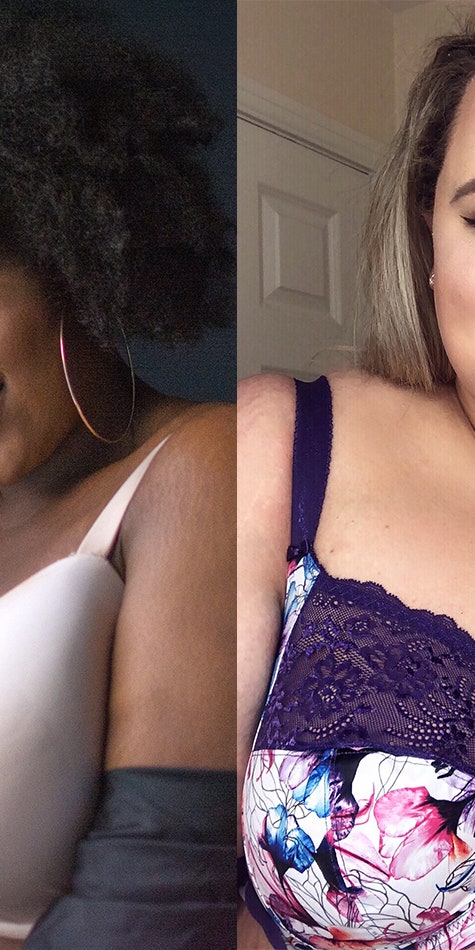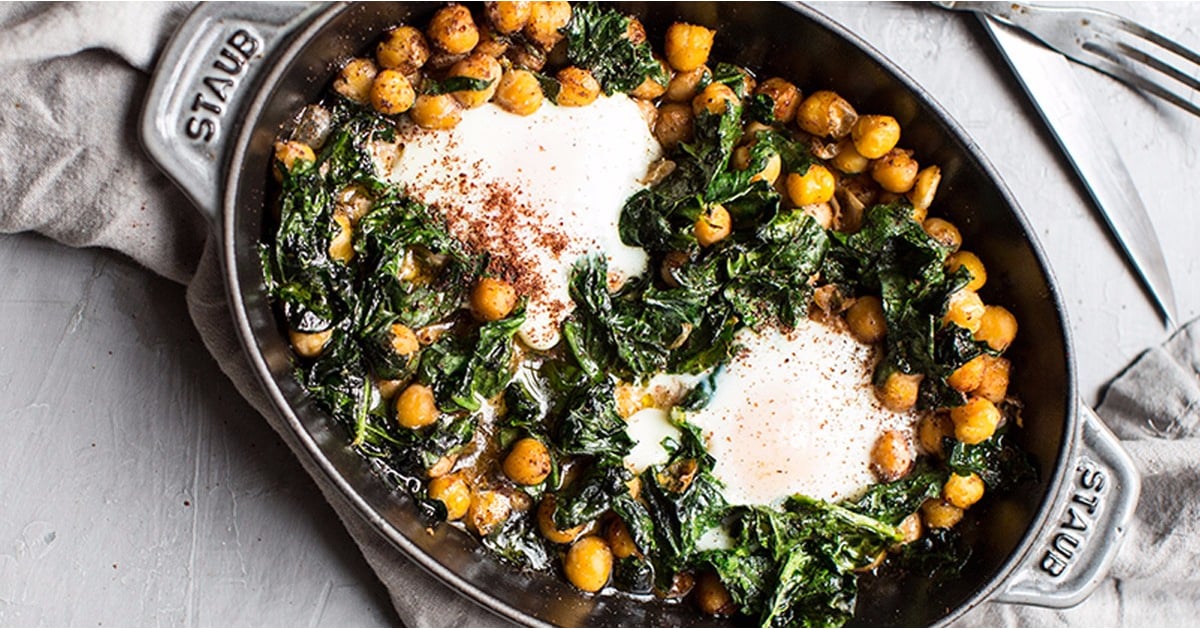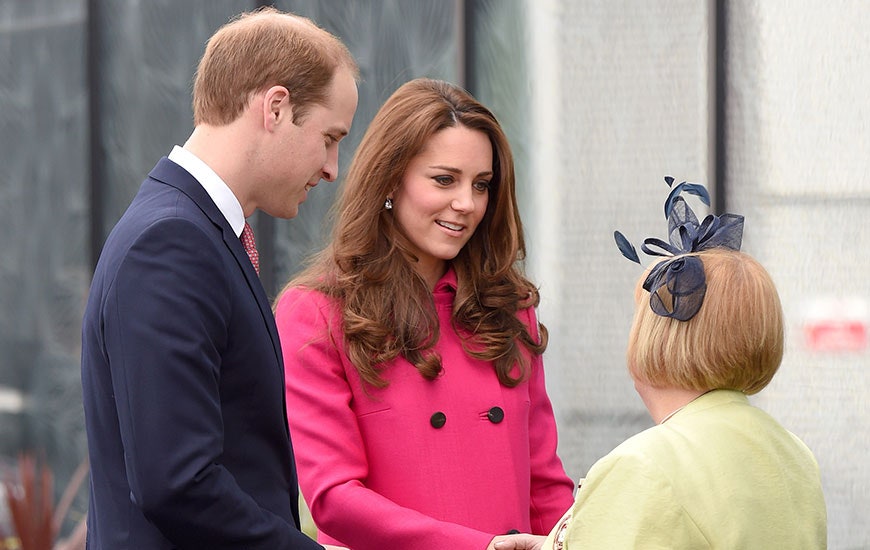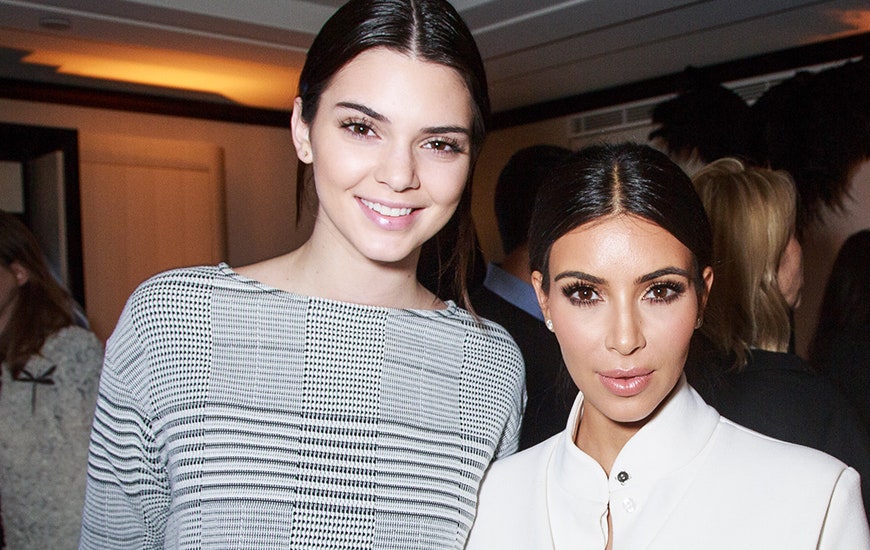After my four-year-old daughter and I had a chat about cemeteries, she would point and ask, during every car ride, if that was “where the dead people live.” Those chats were both necessary and a little awkward because, even under the best circumstances, explaining death to children is challenging. How do you explain mortality with age-appropriate language tailored to their personality?
Conversations about mortality and sickness have taken a greater resonance since the spread of the novel coronavirus. Much like the concept of death itself, unpacking the danger of a virus to small children means turning the invisible into a concrete reality, but doing it in a way that (hopefully) won’t terrify them. At first, I merely encouraged my eight-year-old and four-year-old daughters to wash their hands more frequently, but when they complained about my panicked reminders to scrub their fingers, I knew I had to tell them something more. I explained that to help stay healthy, we have to wash our hands, keep our distance from others, and cover our mouths when sneezing or coughing.
I’m grateful that my children have yet to experience the grief of losing a family member or friend to COVID-19. And although my oldest child knows that people—including her parents—can die from the virus, the danger is not quite real to her as we all shelter in place. Children between the ages of five and nine tend to think of death at the same level as adults in many ways, except that they often view it as something remote that won’t happen to the people they know, the American Academy of Child and Adolescent Psychiatry says. Preschool-age children, like my other daughter, are just beginning to form their concept of death, which means they often believe death is something we can undo, the AACAP explains.
Ultimately, talking about illness and explaining death to children is tricky, and we don’t always get it right. We’re only human, and in these uncertain times, we’ll need far more than one conversation to help children understand what’s happening around them. To see how other people are handling this, I spoke with six parents about their experiences talking to their kids about safety, health, and mortality, including during the new coronavirus pandemic. Here’s what they had to say.
1. “It’s always this balance of knowing what will resonate without doing harm.”
“When we told my youngest son about the coronavirus, we explained that it’s similar to the kinds of viruses that cause colds or the flu. Sometimes his anxiety produces a spiral, but he does really well if you give him facts. So I tried to give him as many clear facts as I could.
“My coparent is working in the emergency room and is exposed to the virus on a daily basis. I don’t think my son fully gets that. He knows that she works in the hospital and that she’s taking precautions when she comes home. But I don’t think he realizes the danger, and we don’t want him to feel that danger every day. That would not be good for his anxiety.
Most Popular
- 5 Less Obvious Signs of Seasonal Depression You Should Definitely Pay Attention To
By Maggie O’Neill
- How Gross Is It to Wear New Clothes Without Washing Them First?
By Julia Ries
- Paxlovid Is Super Promising. Why Aren’t More People Getting It?
By Maggie O’Neill
“As a parent, I find it’s always this balance of knowing what will resonate without doing harm. We often don’t give kids credit for what they can actually handle. It’s our desire to shield them from certain things. What I found through these conversations is that he has actually grasped, understood, and been really thoughtful about far more than I ever thought he could be at such a young age.” —April H., 38, mom of three kids, aged 16, 14, and 8
2. “I always found a way to spin it—to make it positive.”
“The dynamic of losing someone suddenly changes the way everybody thinks about everything. So that is the difference, at least with my family. My kids worry more. I’m not ill; neither was their dad. One day he didn’t come home. And they think of that.
“Honesty has been the very best approach. Talking through what happened, how things happened (and not so much why they happened), was more therapeutic because it allowed me to voice how much I missed their dad. It allowed me to be able to talk about our love. In those conversations I always found a way to spin it—to make it positive. ‘Yeah, it’s very sad, but look at these great kids we got out of this love.’” —Ebony W., 39, widowed mom of three kids, aged 18, 12, and 7
3. “They have a right to cry.”
“One of my daughters was particularly upset after a family death. She pulled me to the side and said, ‘Daddy, I’m worried. I don’t want you and mommy to die.’ I had to explain that we are trying very hard to stay healthy so that we can be with her as long as we can. Even though we all must go through the process of passing, it’s not something that she has to worry about.
“My goal with my children is to be honest, including honest about myself and our shortcomings. I want them to know that we have a fear of death, as well. We’re trying to make things as easy as they can be for them. But death is real and will come for us one day. We don’t want them to have an unrealistic sense of comfort about it. We want them to be prepared.
“When they cry, I tell them—even with tears in my own eyes—that it’s okay to feel sad. It’s very important they understand there’s no shame in it. It’s not something they should hide from the world. They have a right to cry.” —Marc J.*, 36, dad of twin girls, aged 7
4. “I feel torn between fear and being inspired by the opportunity.”
“Henry was 6 months old when my mom passed, so death has been an ongoing conversation. He’s always been very direct. But as a parent, even with my training in grief counseling, it still can be unsettling.
“I tried to explain my mom’s death without making it too scary for him. But he was curious about why she died and why the doctors couldn’t help her. He had questions that, as an adult, I was wrestling with too.
Most Popular
- 5 Less Obvious Signs of Seasonal Depression You Should Definitely Pay Attention To
By Maggie O’Neill
- How Gross Is It to Wear New Clothes Without Washing Them First?
By Julia Ries
- Paxlovid Is Super Promising. Why Aren’t More People Getting It?
By Maggie O’Neill
“One of the most powerful things you can do is be compassionate, but even as a professional, I find it’s easier said than done. I understood that this was a great opportunity not to perpetuate the stigma of grief, but I also felt helpless. I don’t know if I’m strong enough to manage some of these conversations. But I don’t want to shut them down. I feel torn between fear and being inspired by the opportunity.” —Denesha C., 39, licensed grief counselor and mom of two boys, aged 7 and 3
5. “I welcome the curiosity.”
“I’ve had no choice but to use the words *dead’ or dying because Sabella has come to me with those. That has made it very difficult to sugarcoat it. Growing up, it was always, ‘That person passed away.’ I wish I could be a little bit more polite, particularly when I know she’s having these conversations at school.
“I’ve talked to her about people in our lives who are dead and what that means to us. I’ve said, ‘Even though they’re not with us anymore, they’re always with us. They watch us from the sky.’ I thought that was sufficient, but eventually she said, ‘I know I’m going to die one day, but I could come back. And when I come back, I think I’ll come back stronger. So you don’t ever really die.’
“She hits me with a different kind of logic, and I’m thankful for that. My husband and I grew up with the philosophy that children are to be seen, not heard. We don’t limit our kids that way, so I welcome the curiosity.” —Jennifer W., 35, mom of two girls, aged 4 and 2
6. “It’s really been a gradual buildup.”
“My daughter’s only exposure to death has been my grandfather. In her head, you get really old, you go to the hospital, and you die. That is her explanation of it.
“She started catching conversations from other people about the coronavirus. And she asked, ‘Well, will we go outside and die?’ She’s a very matter-of-fact kid. I told her, ‘No. Some people wear gloves and masks. That keeps you from getting other people sick.’ She’s trying to connect these dots but not grasping it yet. It’s really been a gradual buildup.” —Jacquelyn R., 31, mom of two girls, aged 5 and 2
7. “He’s aware of what I teach him about God.”
“Not too long ago, my son and I were having a talk in the car, and he said, ‘Daddy, I’m getting older, and I’m going to die.’ I said, ‘Yeah, but you have a long, long time.’ I was trying to explain what age means, because I can’t describe the concept of days or years to him yet.
“By the time he has a little more maturity, I will probably say, ‘Aris, you’re alive right now. And one day, hopefully not soon, you stop living.’ That’s where my faith would come in. He prays, and he’s aware of what I teach him about God. I think that, eventually, I will be teaching him, ‘When you get to meet God, you’re not here anymore. You’re spirit.’” —Asia S., 43, dad of one boy, aged 6
Quotes have been edited for clarity.
Name has been changed upon request.











